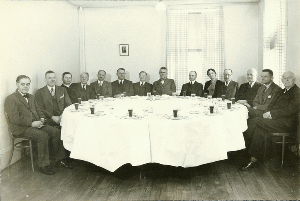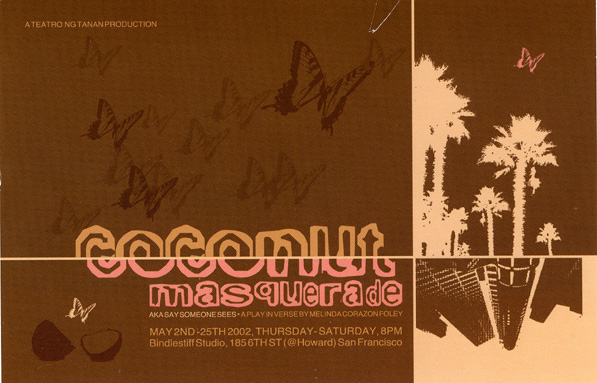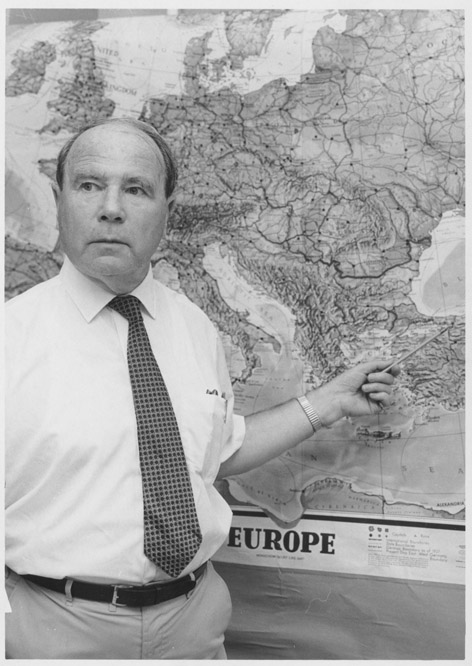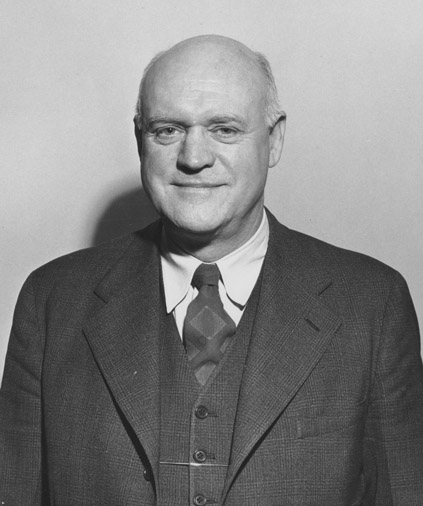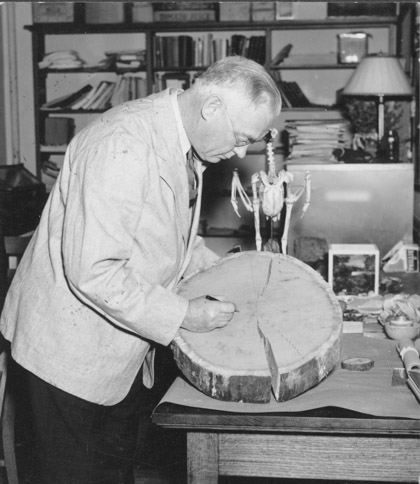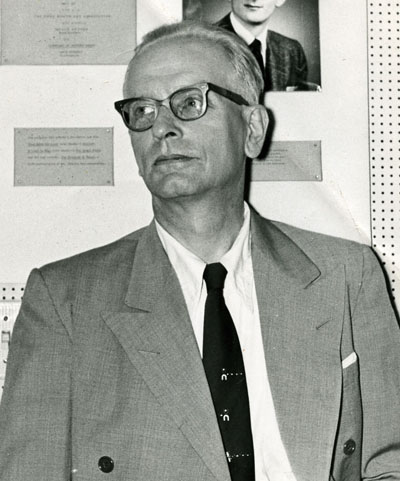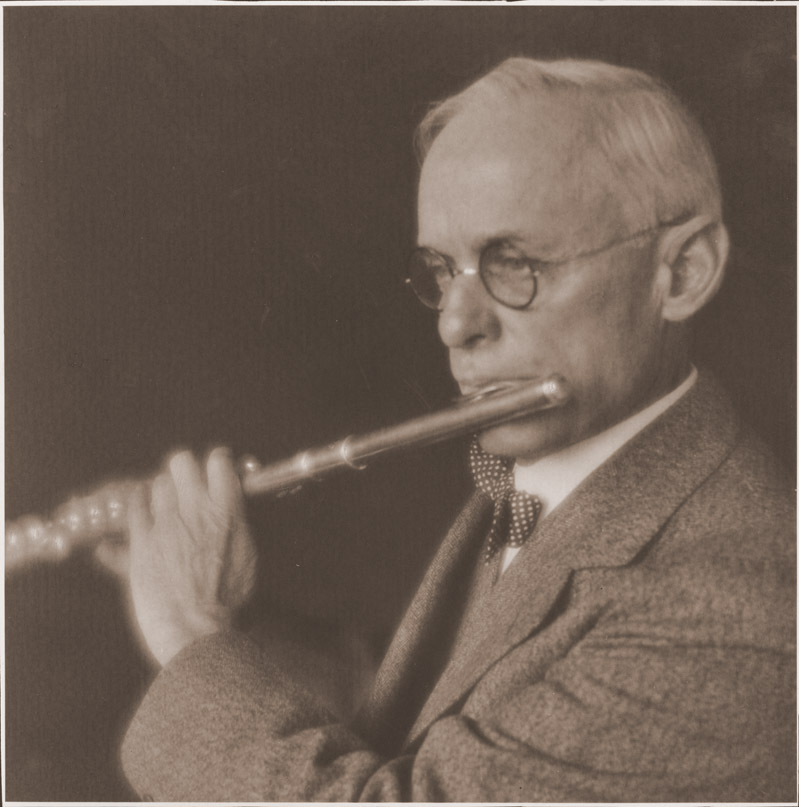Maria Tymoczko Papers
As an undergraduate at Harvard, Maria Tymoczko was lured away from the study of biochemistry into medieval literature, remaining at Harvard through her doctorate and eventually making the subject into an academic career. Since joining the faculty at UMass Amherst in 1974, she has written or edited six books and has built an international reputation in three fields: Celtic medieval literature, Irish studies, and translation studies. A popular instructor, she has also played a leading role on several university committees.
The Tymoczko Papers document both the career and university service of a scholar of Irish literature and theorist of translation. In addition to her professional correspondence (1973-1980), the collection includes a significant quantity of material documenting Tymoczko’s university service, including notes from her time as chair of the General Education Council (1986-1994), from the Joint Task Force of UMass and Community College Relations, and the Rules Committee and Ad-hoc Committee on Retention of Administrators of the Faculty Senate. Additions to the collection are expected in the future.


